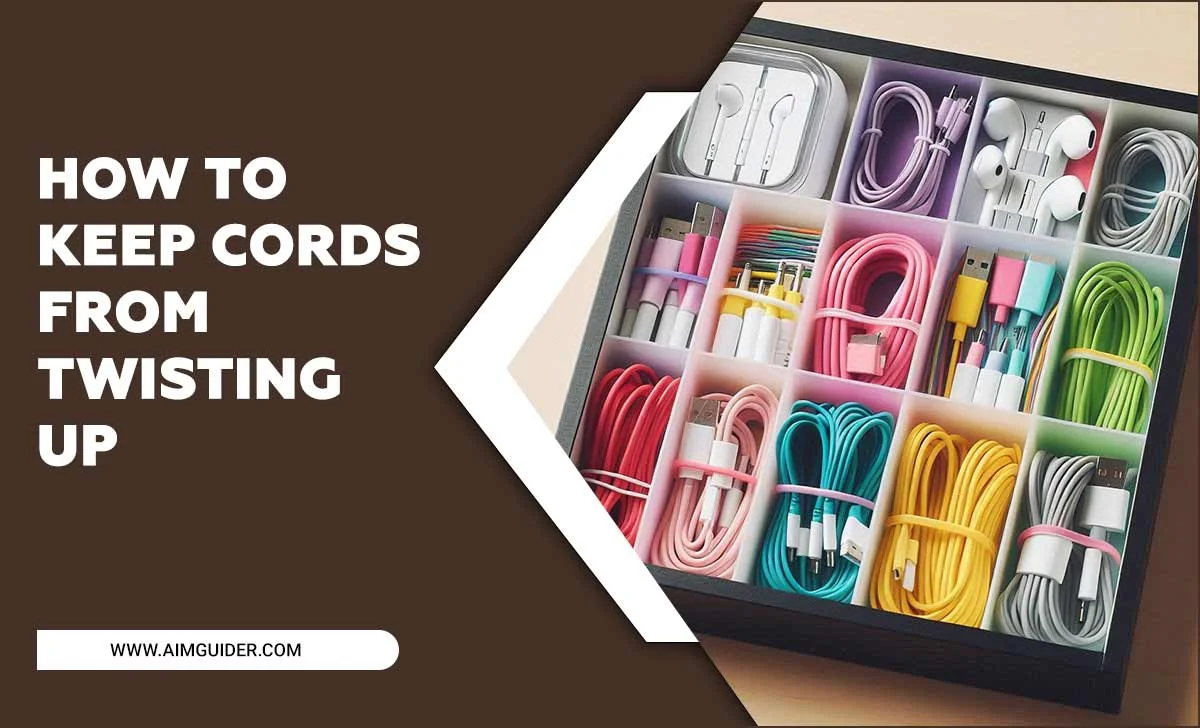In the dynamic world of audio technology, choosing between soundbars and speaker apps can transform your listening experience. Understanding their differences and advantages is crucial for making an informed decision.
Sound technology has remarkably evolved, offering consumers a plethora of options to enhance their audio experience. One of the common dilemmas faced by audiophiles and casual listeners alike is choosing between a soundbar and speaker apps. While soundbars are known for their sleek design and immersive sound quality, speaker apps offer unparalleled convenience and flexibility. This article delves into the nuances of each, providing insights into their functionalities, benefits, and potential drawbacks, helping you make the best choice for your auditory needs.
Key Takeaways
- Soundbars provide high-quality audio in a compact design.
- Speaker apps offer flexibility and control over audio settings.
- Compatibility is crucial for both soundbars and speaker apps.
- Installation ease is a significant advantage of soundbars.
- Advanced features in apps can enhance audio performance.
- Cost-effectiveness varies significantly between the two options.
- User preferences dictate the ultimate choice between soundbars and speaker apps.
What is soundbar vs speaker apps?
In the realm of audio technology, soundbars and speaker apps represent two distinctive methods of delivering sound. A soundbar is a physical device designed to enhance sound quality, typically used with televisions to offer a cinematic experience. Conversely, speaker apps are software applications that allow users to manipulate and control audio settings through their devices, often used with smart speakers or standalone systems.
Definitions and Features
- Soundbars are an all-in-one speaker system providing surround sound without multiple speakers.
- Speaker apps enable users to customize and manage audio settings remotely.
- Connectivity options for soundbars include HDMI, Bluetooth, and Wi-Fi.
- Speaker apps often integrate with virtual assistants like Alexa or Google Assistant.
- Portability of apps allows use across various platforms and devices.
Soundbars are preferred for their ability to deliver high-quality sound through a single device. In contrast, speaker apps provide flexibility and control, making them ideal for tech-savvy users who enjoy customizing their audio settings.
Why soundbar vs speaker apps is Important?
Understanding the importance of soundbars versus speaker apps lies in the ability to tailor your audio experience to your needs. With the rise of digital media consumption, the demand for high-quality sound and user-friendly interfaces has never been higher. Choosing the right option can significantly enhance your auditory enjoyment, whether it’s for movies, music, or gaming.
Benefits of Soundbars and Speaker Apps
- Sound Quality of soundbars is superior due to advanced audio technology.
- Apps offer customization for sound preferences and settings.
- Space-saving design of soundbars is ideal for small rooms.
- Cost-effective solutions are available in both categories.
- Convenience and ease of use with speaker apps enhance user experience.
Both soundbars and speaker apps bring a range of benefits, from superior sound quality and space-saving designs to customizable settings and convenience. The choice between the two depends on individual needs and preferences.
Step-by-Step Guide to soundbar vs speaker apps
Step 1: Evaluate Your Needs
- Consider the size of your space and audio requirements.
- Determine whether you prefer hardware or software solutions.
- Identify any compatibility issues with existing equipment.
Begin by assessing your audio needs and the space available. This will help guide your decision between a physical soundbar and a software-based speaker app solution.
Step 2: Research Options
- Look for reviews and ratings of top soundbars and apps.
- Compare features and pricing across different models and apps.
- Check for latest technologies and updates in the market.
Research is crucial to understanding the various options available. Reviews and feature comparisons can provide insights into the strengths and weaknesses of each choice.
Step 3: Test Before You Buy
- Demo units at local electronics stores to test soundbars.
- Download trial versions of speaker apps if available.
- Ensure the solutions are compatible with your devices and preferences.
Testing soundbars and speaker apps can provide a firsthand experience of their performance. This step is essential for confirming compatibility and meeting your audio expectations.
Alternative Methods / Tools
Integrated Home Audio Systems
- Offer seamless connectivity across multiple rooms.
- Provide centralized control of all audio settings.
Integrated home audio systems are a viable alternative, offering a cohesive audio experience across various rooms. These systems are ideal for those seeking a unified audio solution.
Wireless Speaker Systems
- Allow for flexible placement without cables.
- Provide multi-room audio capabilities.
Wireless speaker systems offer flexibility and ease of placement, making them a popular choice for users who prioritize convenience over traditional setups.
Troubleshooting Common Issues
Soundbar Connectivity Problems
- Ensure all cables are securely connected.
- Check for compatibility with your TV or devices.
- Update the soundbar’s firmware if applicable.
If you experience connectivity issues with your soundbar, checking cable connections, compatibility, and firmware updates can often resolve the problem.
App Malfunction
- Restart your device and reopen the app.
- Check for updates in the app store.
- Reinstall the app if necessary.
App malfunctions are typically resolved by restarting devices, checking for updates, or reinstalling the app. These steps should restore normal functionality.
Advanced Techniques
Clean Installation for Apps
- Uninstall the current version of the app.
- Clear cache and temporary files.
- Download and install the latest version.
Performing a clean installation of speaker apps can help improve performance by removing any corrupted files and ensuring the latest features are available.
Soundbar Optimization
- Calibrate the soundbar using built-in tools.
- Adjust bass and treble settings for optimal audio.
- Use a sound meter for precise adjustments.
Optimizing a soundbar involves calibrating its settings to suit your environment, ensuring the best possible sound quality.
Prevention & Maintenance Tips
- Regularly update firmware for soundbars and apps.
- Clean soundbars to prevent dust accumulation.
- Perform routine checks on connectivity and settings.
Maintaining your audio equipment through regular updates and cleaning can extend the lifespan of soundbars and ensure apps function correctly.
Real-Life Examples
John, a movie enthusiast, opted for a soundbar due to its superior sound quality and effortless integration with his TV setup. He was impressed by its immersive audio experience.
Emily, a tech-savvy professional, preferred speaker apps because of their flexibility and the ability to control settings remotely. She found it perfect for managing multiple audio devices at home.
Stats & Data Section
According to Statista 2025, 60% of households in the U.S. use soundbars to enhance their television audio experience.
Pew Research 2024 reported that 45% of consumers prefer speaker apps due to their remote management capabilities and seamless integration with smart home systems.
Deloitte 2025 found that the global soundbar market is expected to grow by 8% annually, driven by the increasing demand for high-quality home audio solutions.
Soundbar vs Speaker Apps Compared
| Aspect | Soundbar | Speaker Apps |
|---|---|---|
| Difficulty | Easy | Moderate |
| Speed | Fast Setup | Instant Use |
| Best For | TVs and Home Theaters | Smart Devices |
| Notes | Requires Physical Space | Software-Based Solution |
Conclusion
Choosing between soundbars and speaker apps ultimately depends on your audio preferences, lifestyle, and technological familiarity. Soundbars offer a tangible, high-quality audio experience, particularly beneficial for home theaters. In contrast, speaker apps provide versatility and convenience, catering to tech-savvy users who appreciate remote management. Assess your needs and preferences to make an informed decision that enhances your home audio experience.
Frequently Asked Questions
Question 1: What is the primary difference between soundbars and speaker apps?
Answer: Soundbars are physical audio devices, while speaker apps are software solutions that manage audio settings.
Question 2: Which is more cost-effective, a soundbar or speaker apps?
Answer: Speaker apps are generally more cost-effective as they don’t require additional hardware.
Question 3: Can a soundbar enhance music listening as well as movie audio?
Answer: Yes, soundbars are designed to improve audio quality for both music and movies.
Question 4: Are speaker apps compatible with all smart devices?
Answer: Most speaker apps are compatible with major smart devices, but checking specific compatibility is advised.
Question 5: Do soundbars require professional installation?
Answer: No, soundbars are designed for easy installation without professional help.
Question 6: Can speaker apps be used without an internet connection?
Answer: Some basic features might work offline, but full functionality typically requires an internet connection.
Question 7: How often should I update my soundbar’s firmware?
Answer: Regular updates are recommended, typically every few months or as advised by the manufacturer.
Question 8: Are there free speaker apps available?
Answer: Yes, many speaker apps offer free versions with basic features.
Question 9: Which provides better surround sound experience, soundbars or speaker apps?
Answer: Soundbars generally provide a better surround sound experience due to advanced audio technologies.








